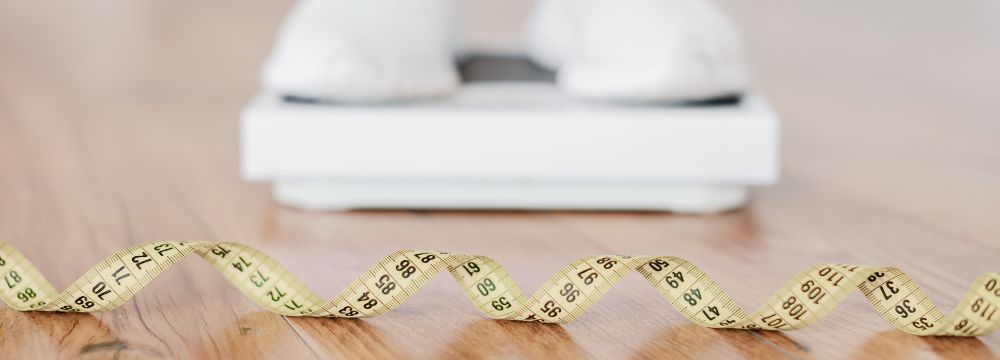
The decision to have bariatric surgery has so many facets. For someone who hasn’t yet considered the surgical route, it’s hard to understand the considerations and fears that a person has about postoperative life. One such concern very legitimately revolves around the concept of what can and can’t be eaten after surgery. Why is this such a big deal for those considering bariatric surgery? The answer lies in our relationship with food.
For many of us, food has become a crutch – a comfort during times of emotional extremes, whether sadness or happiness. Our society has created a situation where celebrations and commiserations all revolve around food and drink. The result is that we rely on food far more than we think. When the prospect of not having that food in our future becomes a reality – when we begin to consider something like weight loss surgery – the idea of losing that crutch is daunting.
Are These Fears a Legitimate Concern?
A generation ago, the overarching thought process for many bariatric diets was that patients needed to be ultra-compliant, sticking to a diet that did not allow room for indulgence. The fact is that it is almost impossible to follow this kind of program. A program that allows you no possibility for a slip-up, no opportunity for indulgence and no grace whatsoever is bound to fail. Today, we have learned that it is not so much about what you can or can’t eat, within reason, of course, but more about how you eat it and even when you eat it. Here are some tips and tricks to allow yourself an occasional indulgence without falling off track.
- Your indulgences should be limited to times when you are feeling positive both physically and mentally. Once again, we cannot link our eating to our emotions. Therefore, if you genuinely want to enjoy a small indulgence, ensure you do it for the right reasons and not as a crutch.
- Eliminate the concept of cheat days. Cheat days mean that you can eat three large meals full of indulgences. This isn’t productive and can leave you reeling for days afterward. It can also wipe out several days or even a week’s worth of great progress. Instead of cheat days, allow yourself a single indulgence in moderation.
- Get all your nutritional needs, especially protein, before enjoying indulgences. You will find that if you have prioritized your protein and vitamin intake, a small luxury will go much further to satisfy you.
- Only indulge when you are properly hydrated. Hydration is key to being on track. Eating when you’re dehydrated typically adds hundreds of calories to your daily diet and can derail you fast.
- Consider timed eating like intermittent fasting, where you only have an eight-hour window for eating your day’s food. Do this only with your surgeon’s blessing.
Foods and Drinks to Avoid
With the above, some true no-nos must be avoided after bariatric surgery. Most revolve around refined sugar and processed foods.
First, try to avoid packaged foods as much as possible. These contain incredible amounts of saturated fat and sodium and simply do not have the nutritional value or, frankly, taste to make them worth indulging. If you’ve been eating a diet of fresh lean meats and whole fruits and vegetables, trust us when we say these pre-packaged meals simply aren’t worth it.
Be judicious with your alcohol consumption. Not only does alcohol contain empty calories, but alcohol will affect you differently after bariatric surgery. If you enjoy an occasional drink, you likely aren’t harming yourself, but speak to your bariatric surgeon or nutritionist for more guidance.
Keep avoiding soda. The carbonation, sugar, and caffeine in many sodas can be a triple diet-busting whammy. Artificial sweeteners don’t make it much better as these have been proven to elicit the same sweet cravings in the brain despite being zero or low calorie.
Ultimately, bariatric surgery requires you to be your own strongest advocate, but we are here to help you through the process and make your post-op life as successful as possible.









